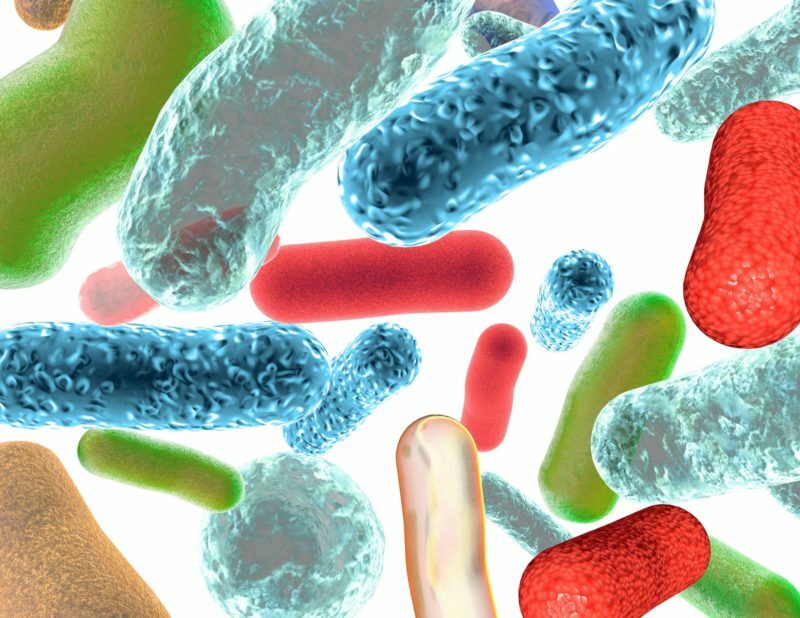"The interplay between bile and bacteria has a huge impact on their ability to live, thrive or die in a very competitive environment," said Rodolphe Barrangou, Todd R. Klaenhammer Distinguished Professor in Probiotics Research at NC State and co-corresponding author of the work, in a press release. "So we set out to further investigate that relationship."
The press release explains that bile acids are produced in the liver and released after we eat to help break down cholesterol and help regulate fat absorption. They also have an impact on what types of bacteria colonize the gut. As these acids move through the gut, they are initially modified through the addition of an amino acid, thus creating a complex conjugated bile acid pool.
Some gut bacteria have enzymes, called bile salt hydrolases (BSHs), which can deconjugate these amino acids from the bile acids allowing other bacteria to affect and alter the bile acids as they continue through the colon. These transformations affect the toxicity of the bile acids, which in turn affects the ability of different bacteria to survive in the gut.
"The assumed relationship was that probiotic bacteria likeLactobacillus have BSHs that just deconjugate the bile acid, rendering it less toxic and allowing the bacteria to survive," said Casey Theriot, Associate Professor of infectious disease at NC State and co-corresponding author of the study, in the press release. "But the reality is a lot more complex—these enzymes are more specific than we thought. Depending on which BSH is there and which bile acid it acts on, you can shape the gut in different ways, making it more or less hospitable to bacteria or pathogens."
Related: Deerland Probiotic Shown to Modify Microbiome in Daycare-Attending Children Mouse Study Suggests Long-Term Impact of Childhood Diet Avocado May Help Improve Gut Health
Theriot, Barrangou, and first author Matthew Foley, performedin vitroandin vivoexperiments to determine how BSHs affect bile acid toxicity. They investigated the growth of two strains ofLactobacillusin the presence of different bile acids, and found that specific BSHs affected specific bile acids."When we altered the BSH composition of these Lactobacillus strains, their tolerance of the bile acids and thus their competitive fitness were also altered," Barrangou said. "These BSH enzymes have diverse properties. Bacteria pick up and drop off enzymes regularly—sometimes they pick up enzymes that will help them survive (make bile acid less toxic) or they could pick up an enzyme that will hurt competition. So the relationship between bacteria, BSHs and bile acids aren't just one to one. This knowledge could help us strategize ways to improve human health by extending the lifespan of beneficial microbes or preventing the colonization of pathogens."
"If we're going to try and design the gut microbiota in the future, we really have to understand all the players—bacteria, enzymes and bile acids—and their situational relationships." Theriot added. "This work is a big first step in that direction."
"BSHs are just one tool that lactobacilli use to adapt to life inside the competitive intestinal tract." Foley concluded. "Our future work will further our knowledge of bacterial-modified bile and its consequences for our health."










